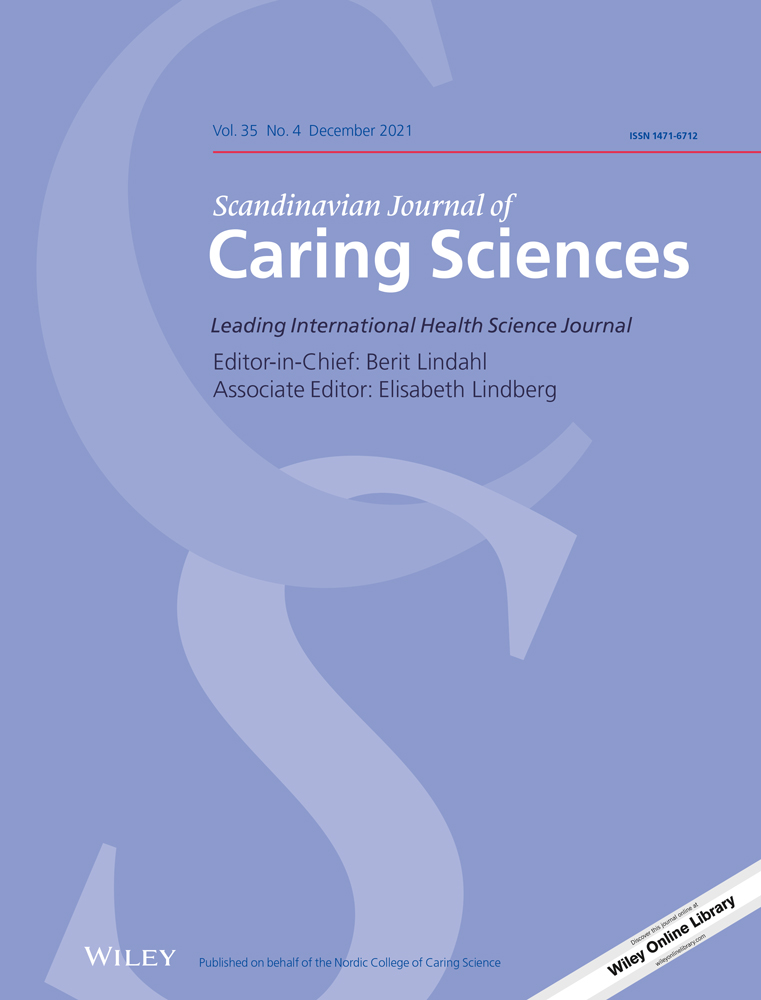Quickly home again: patients’ experiences of early discharge after minor stroke
Abstract
Background
Patients with minor stroke experience some of the same issues as patients experiencing stroke of increased severity such as fatigue, anxiety and cognitive symptoms. It is current practice that patients with minor stroke receive accelerated treatment and care, yet studies indicate that patients find it difficult to return to their everyday lives after being discharged. We aimed to explore how patients with minor stroke experience the transitional period from the hospital through the first 2–4 weeks after an accelerated care pathway with discharge within 72 hours after stroke onset.
Methods
A qualitative study consisting of semi-structured interviews with 11 patients experiencing first-time stroke 2–4 weeks after discharge.
Results
The patients struggled to identify themselves as having had a stroke. They strived to find a new everyday life, but were challenged by existential concerns, mental fatigue and the fear of having a stroke again. Unresolved questions and misunderstandings arose, and the patients expressed a need for health professionals to support them and discuss unclear issues after discharge. Patients searched for others with similar issues in order to find a new sense of self.
Conclusion
Patients with minor stroke struggle with everyday life after discharge. There is a need for support after discharge from healthcare professionals with specialised knowledge of stroke. Patients also requested an opportunity to meet other patients with minor stroke.




